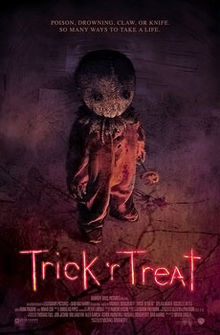We went out to dinner tonight, and there was lovely happy fluffy conversation, ranging from Star Trek Online to the lives of various actors and former actors to BraveStarr (does anyone else remember that? I mean, without Googling?), and along the meandering way Mark Ruffalo came up.
He did not come up for long, but he is on my mind. Specifically his role as the Hulk.
(Okay, I hate having to do this, but: I am not speaking for all crazies. I am, in fact, speaking for myself, as a very lucky crazy, in terms of my privilege and support system.)
I love Mark Ruffalo’s Bruce Banner.
I love the way he’s so careful. I love the way he measures his speech. I love the way you can see him holding his own hands, so cautious; I love the way that when he’s dealing with people who know about and might want to use the Hulk his speech and body language, over and over, codes as a human being who has learned to second-guess himself, and to be hesitant.
I love this scene. I love how at 0:25 Cap–a good guy! A decent, fairly perceptive guy!–says it might be a good time to get angry.
How he actually thinks he might need to speak up and tell Banner it’s a good time to get angry.
(Oh, Cap. I’m sure you mean well. I know you mean well. I know you’re speaking up because you’re nervous, because you don’t understand how someone who is so calm and quiet could possibly be anything close to as angry as they need to be. But… shhhh. We’ve got this.)
And Banner doesn’t even blink. He explains, like it’s an obvious thing (and it is!), and then he unfurls.
(The Hulk is fundamentally a good and well-intentioned creature. This makes the Hulk different from, say, depression. But this isn’t about the Hulk, except in terms of how the Hulk casts Bruce Banner’s accomplishment into proper relief.)
Banner lives with this all the time. This thing inside him. This thing that is always there, that means that even when he is angry he has to manage himself, he has to not show it, because if he starts indulging himself and turns into Mr Shouty the way all the others do, it will go badly. Because his anger, released, is so much worse. It is terrifying. It is an annihilating force that results in a level of destruction that is incomprehensible coming from a normal human.
This is not fair. Banner has been robbed of the catharsis of expressing small, normal amounts of a negative emotion, in safe ways.
Banner is angry all the time. But he cannot let himself indulge. And so he looks hesitant, and he acts weak. And sometimes he lets go, and he’s the Hulk. And that’s cool, because this is after all the Avengers movie.
But the rest of the time, that quiet hesitant man? That still figure in the corner speaking in soft tones?
He’s holding back the Hulk.
With all he’s been through, while he was frightened and hunted and alone, dealing with unimaginable pressure, he has learned to hold back the Hulk.
I love Mark Ruffalo’s Bruce Banner.

